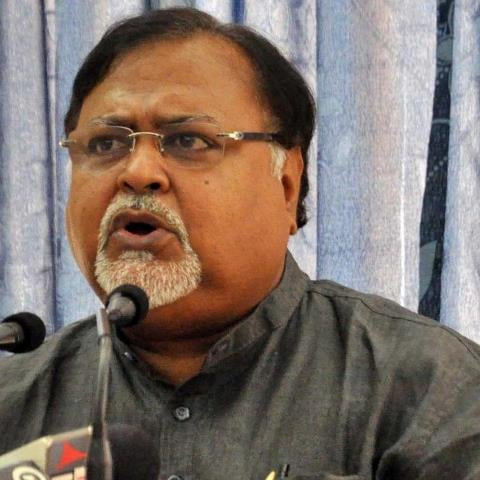Rights vs duties: ‘Poor rarely get rights in neo-liberal regimes’
Partha Chatterjee delivers keynote address at LUMS conference

Partha Chatterjee delivers keynote address at LUMS conference. PHOTO: TWITTER/twitter-handle
These views were expressed by political theorist Partha Chatterjee on Friday. He was delivering the keynote address at the State, Society and Democracy in Post-Colonial Societies conference at the Lahore University of Management Sciences (LUMS) through a video-link.
Chatterjee, a professor at Columbia University in New York, used the term ‘political society’ to refer to various forms of negotiation between government agencies and the urban poor. He said the distinctive feature of these negotiations was that these took place outside the regulated zones of civil society activism, comprised actions seen by authorities concerned as illegal and were likely to see deployment of violent tactics by the participants.
Chatterjee said populism had emerged as the only morally acceptable language of politics in contemporary Indian cities because large segments of population were deprived of regulated zones of political activism available to them prior to the emergence of neo-liberal governance framework, starting with reforms initiated by Narasimha Rao administration in the 1990s. To a question about populism in Narendra Modi’s government and the Congress government before it, he said the only difference between the two had been the rhetoric used by the two administrations. Otherwise, he said, both governments had appealed to similar constituencies for social support.
Chatterjee said the increasing presence of people with criminal record in political leadership roles was also a sign of the law’s limitation to represent in their entirety heterogeneous social relations between the powerful and the powerless.
For Chatterjee, this exceptional nature of provision of rights and services to the poor was peculiar to the neo-liberal era. In the period immediately after independence till the state of emergency imposed by Indira Gandhi (1947-1977), he said the Indian state had overseen a massive industrialisation drive and introduced social welfare policies catering to the needs of salaried middle classes, unionised working classes and the rural poor.
Saying his views on political society were based on observations in Indian cities, Chatterjee suggested that relations between government agencies and urban poor should be studied in other South Asian countries to ascertain if they followed a similar logic.
Earlier, Chatterjee used French philosopher Michel Foucault’s concept of governmentality to tell the story of emergence of the colonial state in India and its eventual transformation in the post-colonial period. He said exercise of sovereign power to access and retain control over economic resources had been the central concern of the colonial state in most of the 19th century. From late 19th century onwards, the state took up liberal concerns with the emergence of Europeanised middle classes. Chatterjee could not attend the conference in person because his visa application was not accepted by the Pakistani authorities concerned.
Published in The Express Tribune, August 6th, 2016.



















COMMENTS
Comments are moderated and generally will be posted if they are on-topic and not abusive.
For more information, please see our Comments FAQ